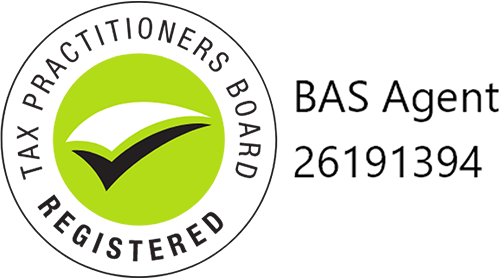
Setting yourself up for success in the new financial year
- Tidy up your paperwork
- Set your budget
- Assess your portfolio
- Check your insurance
- Understand Federal Budget changes
- Review your superannuation
Review the previous financial year
Take the time to evaluate your financial performance in the previous year. Analyse your income, expenses, and investments. Identify areas of improvement and success to inform your strategy for the upcoming year.
Set financial goals
Determine your financial objectives for the new financial year. These goals can include increasing revenue, reducing expenses, expanding your business, improving profitability, or investing in new opportunities. Make sure your goals are specific, measurable, achievable, relevant, and time-bound (SMART).
Create a budget
Develop a comprehensive budget for the upcoming financial year. Estimate your expected income and allocate funds to different expense categories, such as wages, marketing, operations, research and development or any other areas you find important in your business. Consider factors such as inflation, anticipated changes in the market, and possible regulatory requirements related to your industry.
Review ATO laws and regulations
Stay informed about any changes in tax laws and regulations that may affect your business or personal finances. Familiarise yourself with any new compliance requirements, deductions, exemptions, or incentives that could impact your financial planning.
Seek professional advice
Consult with a financial advisor or accountant who can assist in tax planning. They can provide guidance on optimising your tax strategy, identifying potential risks, and suggesting appropriate changes to make within your business.
Assess insurance coverage
Review your insurance policies, both personal and business-related, to ensure they adequately protect your assets and mitigate potential risks. Consider any changes in your circumstances or business activities that may require adjustments to your coverage.
Update financial systems and processes
Evaluate your financial systems, software, and processes. Determine if any upgrades or changes are necessary to improve efficiency, accuracy, and reporting capabilities. Implement appropriate accounting software and tools to streamline financial management.
Monitor cash flow
Establish a robust cash flow management system to monitor your incoming and outgoing funds. Regularly review your cash flow statements to identify trends, potential issues, or opportunities for improvement. Maintain a cash reserve to cover unforeseen expenses or economic downturns.
Stay informed and adapt
Keep yourself updated on economic trends, market conditions, and industry-specific developments. Be prepared to adapt your financial plans and strategies as needed throughout the year to respond to changing circumstances.
Remember, it’s crucial to tailor your planning to your specific circumstances, goals, and risk tolerance.
If the above steps seem a little overwhelming, that’s where the team at AMC Biz Solutions can help.
Prepare and reassess
Take the time to evaluate your financial performance in the previous year. Analyse your income, expenses, and investments. Identify areas of improvement and success to inform your strategy for the upcoming year.
Plan
Determine your financial objectives for the new financial year. These goals can include increasing revenue, reducing expenses, expanding your business, improving profitability, or investing in new opportunities. Make sure your goals are specific, measurable, achievable, relevant, and time-bound (SMART).
Execute
Develop a comprehensive budget for the upcoming financial year. Estimate your expected income and allocate funds to different expense categories, such as wages, marketing, operations, research and development or any other areas you find important in your business. Consider factors such as inflation, anticipated changes in the market, and possible regulatory requirements related to your industry.
Celebrate
Stay informed about any changes in tax laws and regulations that may affect your business or personal finances. Familiarise yourself with any new compliance requirements, deductions, exemptions, or incentives that could impact your financial planning.
Repeat
Rinse and repeat the above and make sure to continually check in with your advisor throughout the year to keep yourself and your business accountable. Your accountant should be your year-round friend, not just someone you engage with during EOFY.


